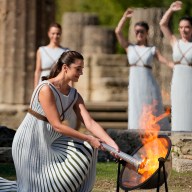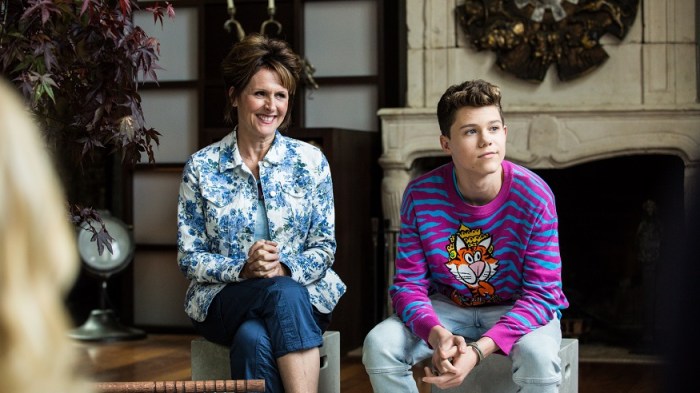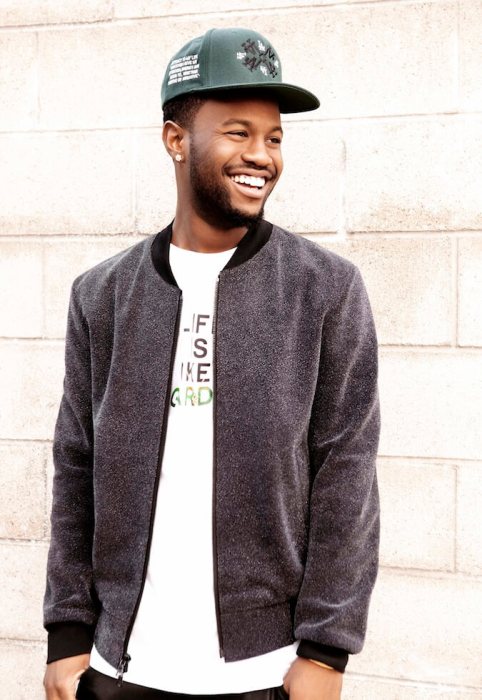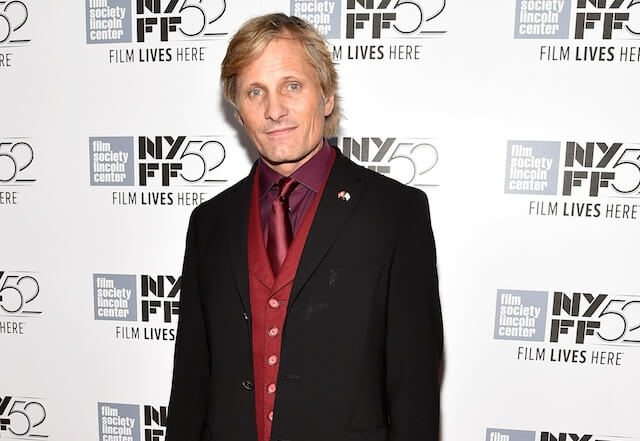Every English actor has to do period, but Juno Temple has only done a couple, and one of those was Paul W.S. Anderson’s renegade action version of “The Three Musketeers.” The new stab at Thomas Hardy’s “Far from the Madding Crowd,” starring Carey Mulligan as proto-feminist Bathsheba Everdene, is more traditional, but still modern in many ways. Temple has the small but key role of Fanny, the finacee of dashing Sgt. Troy (Tom Sturridge) who winds up destitute after the simple mistake of going to the wrong church on their wedding day. This isn’t a typical English lit costume drama period piece.
It feels pretty timeless, doesn’t it? Obviously aesthetically it looks like a period film, but at the same time you have such a relatable storyline of an incredibly brilliant woman who is very independent, very brave, feisty and not controlled by men at all. She’s very much living her own path in such an amazing way, especially for that time. It feels very relatable to today. The book was pretty shocking when it came out, and Bathsheba was pretty out there for a character. Another thing is that it takes place largely outside and features a fair amount of dirt.
I was covered in dirt quite a lot of the time. But the costumes were actually so fashionable. They were using the designs and shapes of the time period, but they could have been in an Alexander McQueen runway show. They had this incredible combination of being very modern and very period. What I think is great about going into period, though, is, especially if you’re a woman being tied into a corset, you just hold yourself differently. Nowadays women wear a lot of men’s clothes, men can wear women’s clothes, anything goes. But [the corsets] really change the way you hold yourself. It really helps you step into a character from that time. Even if your head is thinking a bit in a modern perspective, you’re tied into a period aesthetically. Does costume play a large part no matter what movie or era it’s set in?
Costume is key. And the hair and makeup. I just finished another film in England where I spent my entire shoot being in sweatpants and a big overcoat. Again, you hold yourself completely differently. You’re trying to cover yourself up. And finding a walk for your character could be such a small thing, but when you find it, quietly to yourself, you feel like you’ve become another person. What was your big in for Fanny?
I talked a lot with Thomas [Vinterbergh, the director] about how her body is a lot more fragile than her mind is. Her storyline is so upsetting because it really is left to a few moments; had she made it into that church five minutes earlier, it’d be a whole different story, and a whole different story for all of them. She goes on to have this tragic tale, but I don’t think she saw herself as tragic. That was really important for me, and for Thomas too, that she never felt that she was living a tragedy. I don’t think she ever thought of giving up. That’s another thing that’s great about her and about Bathsheba: they’re both strong female characters, with whatever they’ve been given. The body fragility was key, especially while she’s pregnant and starving. That’s going to make you feel pretty run down. Her body is giving everything to this child, so her life is literally being sucked out of her. The idea of fortunes turning so quickly is slightly alien to us now, when we have so many things in place to protect us from the kind of abject disaster that befalls Fanny.
Circumstances like that are so frustrating because it’s out of your control. People always question fate — do you believe in fate or do you believe in coincidence? Some people are like, “Absolutely not. I’m in control of it.” Some people say, “I completely succumb to it.” I’ve got to say I do believe in it. There are some things that are completely out of your control. You can do everything in your power to change things and they’re going to happen anyway. You have an unusually diverse body of work, with films from all over history, all over the world. How conscious are you of being choosing wildly different projects and roles?
I listen to everybody; I learn from everybody I meet. I’m like a sponge. I think it’s just important to try different things. I find it exciting to play complex women. And then something like “Maleficent” falls into your lap and it’s a completely different way of making a film. You’re in a sweaty wax suit with bubbles all over you, and you feel like you’re in a video game. But it’s a great challenge. It’s important to not be afraid of things that might be difficult or might be new to you. You get to step into the shoes of some f—ing amazing characters that you wouldn’t necessarily think about if you weren’t in this line of work. And the other thing is, you’re never going to be perfect. You’re never going to be the best you can be. You’re always striving for more. Even if you play some characters that are similar you’re trying to perfect that type of character. But that’s never going to happen, and that’s what’s so titillating, because you can always keep doing it. I want to do it till the day I die because I’m never going to be perfect at it. I love the idea of never being so good that you think, “Oh, I already did that.” That’s so cool.
Interview: Juno Temple on Thomas Hardy, fate and never being perfect
Follow Matt Prigge on Twitter @mattprigge















